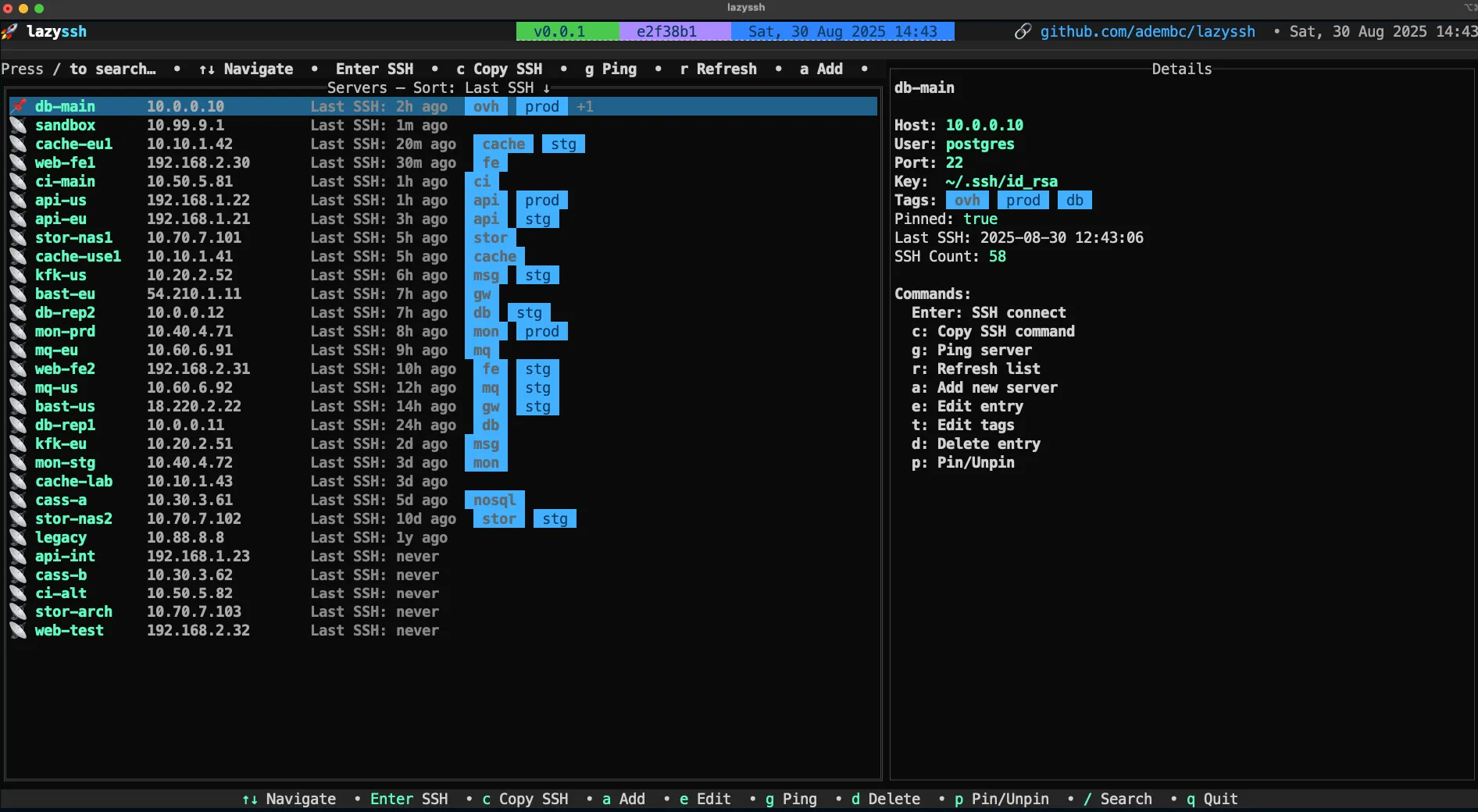Mastering Self-Hosting on Ubuntu Linux: Top Services to Set Up Today
In an era dominated by concerns over data privacy and security, the allure of self-hosting services on Ubuntu Linux has never been stronger. With its robust security features and extensive community support, Ubuntu serves as the ideal foundation for hosting a wide array of services tailored to your specific needs. Let’s dive into the world of self-hosting and explore some of the top services you can set up today.
Why Self-Host?
Self-hosting empowers you with unparalleled control over your data, allowing you to break free from the constraints of third-party providers. By hosting services on your Ubuntu server, you can customize every aspect to suit your preferences, ensuring optimal privacy and security without compromising on functionality.
Setting Up Your Ubuntu Server
Begin your journey into self-hosting by setting up an Ubuntu server environment. Whether you choose to host your server at home or on a cloud provider like AWS or DigitalOcean, Ubuntu’s stability and security make it the platform of choice for self-hosting enthusiasts. Follow the installation instructions provided by Ubuntu, configure basic settings such as network configurations and user accounts, and ensure regular updates for optimal performance and security.
Installing Self-Hosted Services
Now, let’s explore a curated selection of self-hosted services you can install on your Ubuntu server:
- Nextcloud: Transform your Ubuntu server into a private cloud storage solution with Nextcloud. Enjoy seamless file synchronization, collaboration tools, and calendar integration—all while retaining full control over your data.
- Bitwarden_RS: Safeguard your passwords and sensitive information with Bitwarden_RS, a self-hosted password manager. With end-to-end encryption and cross-platform support, Bitwarden_RS ensures your data remains secure and accessible across all your devices.
- Jellyfin: Create your own media streaming empire with Jellyfin, a powerful media server software. Organize your media library, stream content to any device, and enjoy the flexibility of self-hosted entertainment.
- WordPress: Launch your own website or blog with WordPress, the world’s leading content management system. With its intuitive interface and extensive plugin ecosystem, WordPress allows you to build and customize your online presence with ease.
- Matrix Synapse: Take control of your communication with Matrix Synapse, a decentralized messaging protocol. Host your own chat server, enjoy seamless integration with popular clients like Element, and communicate securely without relying on external providers.
- Plex Media Server: Turn your Ubuntu server into a home entertainment hub with Plex Media Server. Stream your media library to any device, enjoy remote access, and enhance your viewing experience with features like transcoding and parental controls.
- Gitea: Collaborate on code projects with Gitea, a self-hosted Git service. Enjoy version control, issue tracking, and code review features—all while maintaining complete control over your repositories and workflows.
- Calibre-web: Manage your e-book library with Calibre-web, a web-based frontend for Calibre. Access your e-books from anywhere, organize your collection with ease, and enjoy a seamless reading experience on any device.
- Home Assistant: Automate your home with Home Assistant, an open-source home automation platform. Control smart devices, create custom automations, and monitor your home’s environment—all from your Ubuntu server.
Conclusion
With Ubuntu Linux as your foundation, the possibilities for self-hosting are endless. Whether you’re looking to manage your data, communicate securely, or automate your home, self-hosting offers a level of customization and control that traditional services simply can’t match. So, roll up your sleeves, dive into the world of self-hosting, and unlock the full potential of your Ubuntu server today!






Post Comment